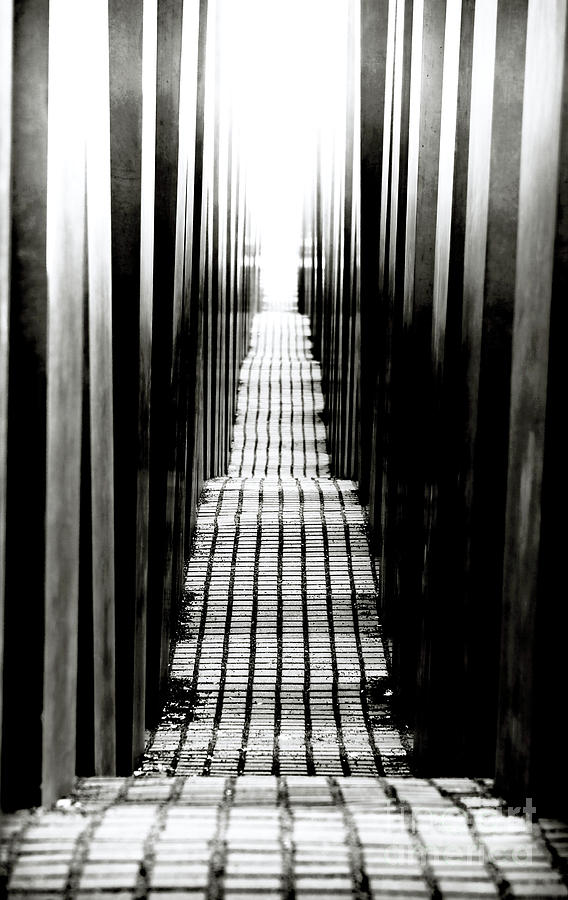The EHRI fellowships are intended to support and stimulate Holocaust research by facilitating international access to key archives and collections related to the Holocaust. The fellowships intend to support researchers and younger scholars, especially PhD candidates with limited resources. Candidates from Central and Eastern Europe are especially encouraged to apply.
The following EHRI partners are offering two fellowships each on a competitive basis:
– NIOD. Institute for War, Holocaust and Genocide Studies, Amsterdam, The Netherlands
– Jewish Museum in Prague, Prague, Czech Republic
– Institute of Contemporary History, Munich, Germany
– Yad Vashem – The Holocaust Martyrs’ and Heroes’ Remembrance Authority, Jerusalem, Israel
– The Shoah Memorial – Museum, Center for Contemporary Jewish Documentation, Paris, France is offering four fellowships.
EHRI fellowships include a stipend for housing and living expenses as well as travel to and from the inviting institution. Recipients are responsible for securing visas if necessary. Fellows will have access to the research infrastructure of the respective EHRI partner institution including access to a computer. The average length of the researcher’s stay is 4 weeks, but the fellow may extend the stay at his/her own expense and in accordance with the host institution and visa regulations. Fellows will be expected to spend 3 days a week at the host institution to conduct research on their research project. Research at other institutions in the vicinity of the respective host is encouraged. The fellowships are funded by the European Union.
All application materials must be submitted in English or German. The application must include the following:
– A completed application form.
– A curriculum vitae (maximum 2 pages).
– A four to five page (1,250-1,500 words) detailed research project proposal related to the Holocaust (including its antecedents and aftermath) that the applicant plans to undertake during the term of the fellowship as well as an explanation of which institution(s) an applicant wishes to apply to and why this choice fits the chosen research topic.
– A letter of recommendation from a reputable academic who is familiar with the applicant’s work. A letter of recommendation should include evaluation of the applicant’s proposed research as well as the overall quality of the applicant’s work. The letter may be sent by email as a scan (including the recommender’s signature and letterhead) with the application or directly by the recommender. The letter must be received before the application deadline.
– Applicants must also designate a second recommender in the application form. The recommender may be contacted directly by EHRI.
All application material can be sent as an email attachment in DOC or PDF format to bennett@ifz-muenchen.de. Please send all application material at one time. Submissions must reach EHRI by 30 September 2012. Later submissions for this year will not be accepted. Decisions will be announced by December 2012.
More information
For more information on the research profiles of the participating EHRI partner institutions and the respective Holocaust research environment in their cities (Annex 1) as well as the application form (Annex 2), please visit:
http://www.ehri-project.eu/fellowships.
Giles Bennett
Institute of Contemporary History Munich – Berlin
Email: bennett@ifz-muenchen.de
Visit the website at http://www.ehri-project.eu/fellowships

